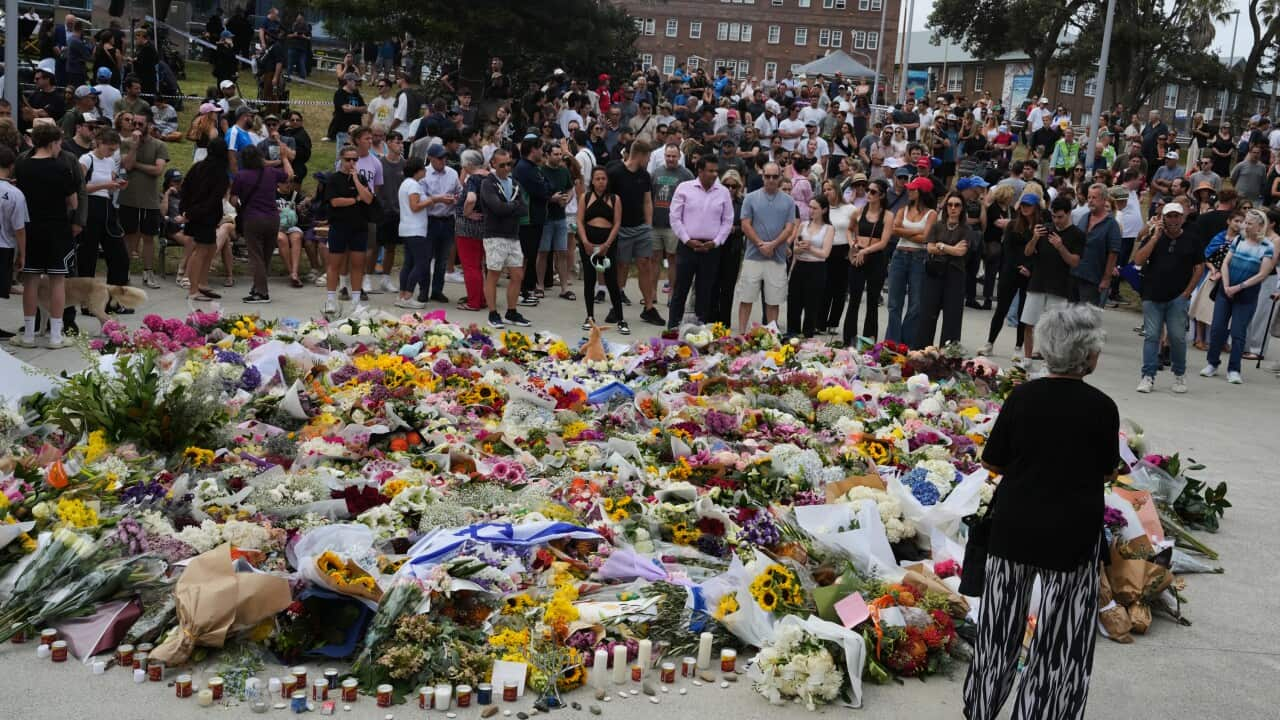The landmark bilateral, audiovisual co-production agreement was one of many major announcements made by Prime Minister Anthony Albanese during his India tour last month.
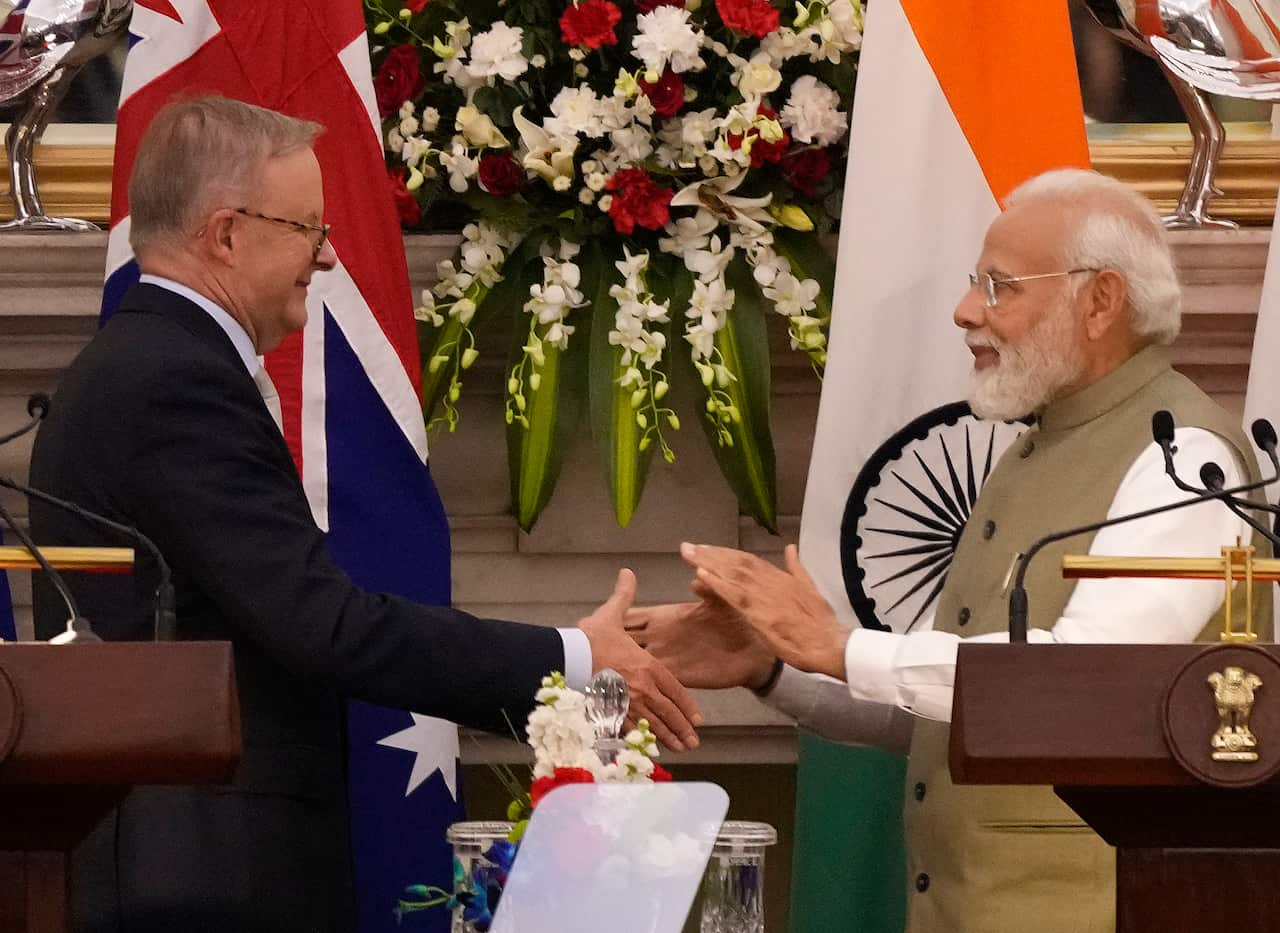
Indian Prime Minister Narendra Modi shaking hand with his Australian counterpart Anthony Albanese after exchange of agreements and press statement last month. Source: AP / Manish Swarup/AP/AAP Image
The initiative will also provide projects in both countries with access to government funding including grants, loans and tax offsets.Australian government
Mr Farrell said the agreement recognised India’s role as a 'cultural powerhouse' and would provide opportunities for each country’s best screen talent to collaborate and create content.
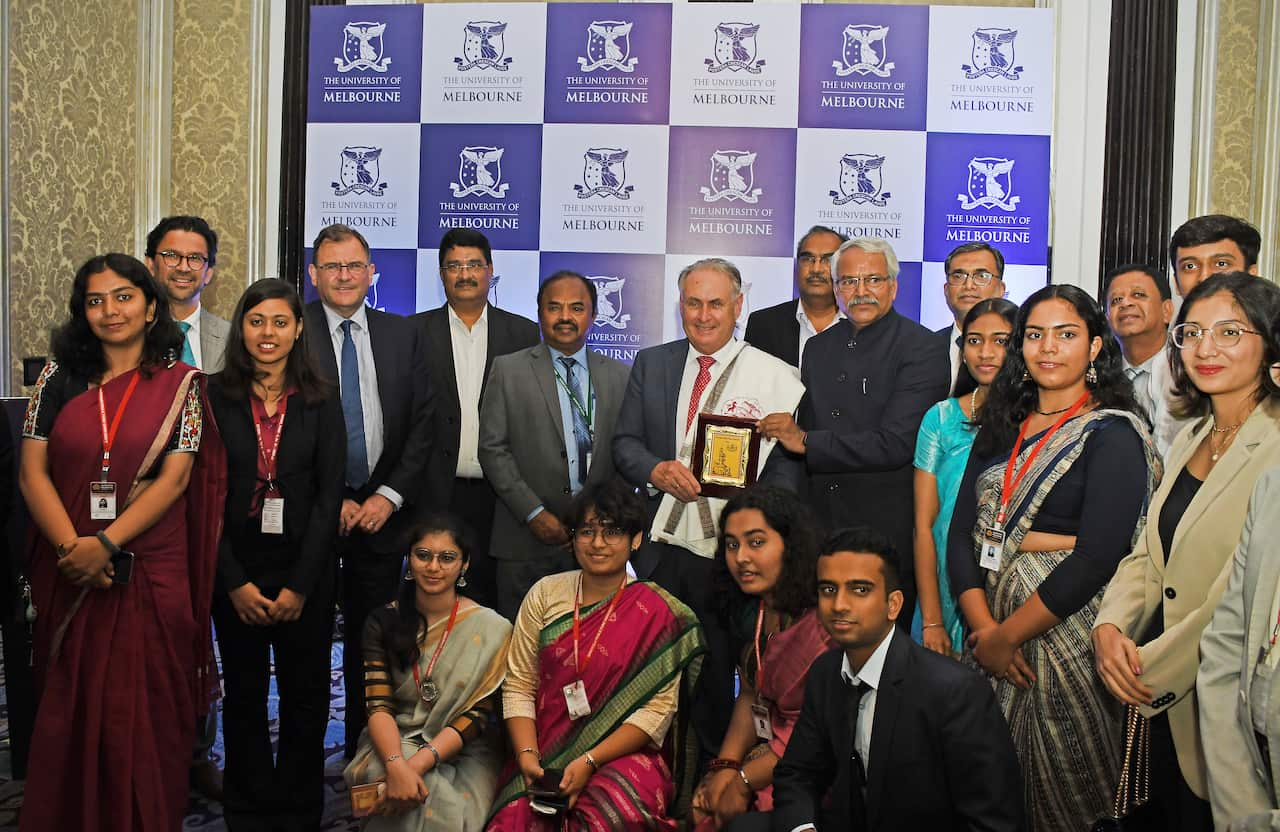
Australian Minister for Trade and Tourism, Senator Don Farrell, was in India last month. Credit: SOPA Images/Sipa USA/AAP Image
“This agreement will bring our actors, producers and filmmakers together and in turn, bring our people closer together.”
The agreement will capitalise on India and Australia’s thriving personal and cultural links.
"The Indian Film Festival of Melbourne is the largest annual celebration of Indian cinema outside of India. Australia’s screen industry is widely recognised within India for its unique cultural perspectives," he highlighted.
Minister for the Arts, Tony Burke, said the agreement would bring a range of cultural and economic benefits to the Australian screen industry and provide an important pathway for our local industry to access international markets and audiences.
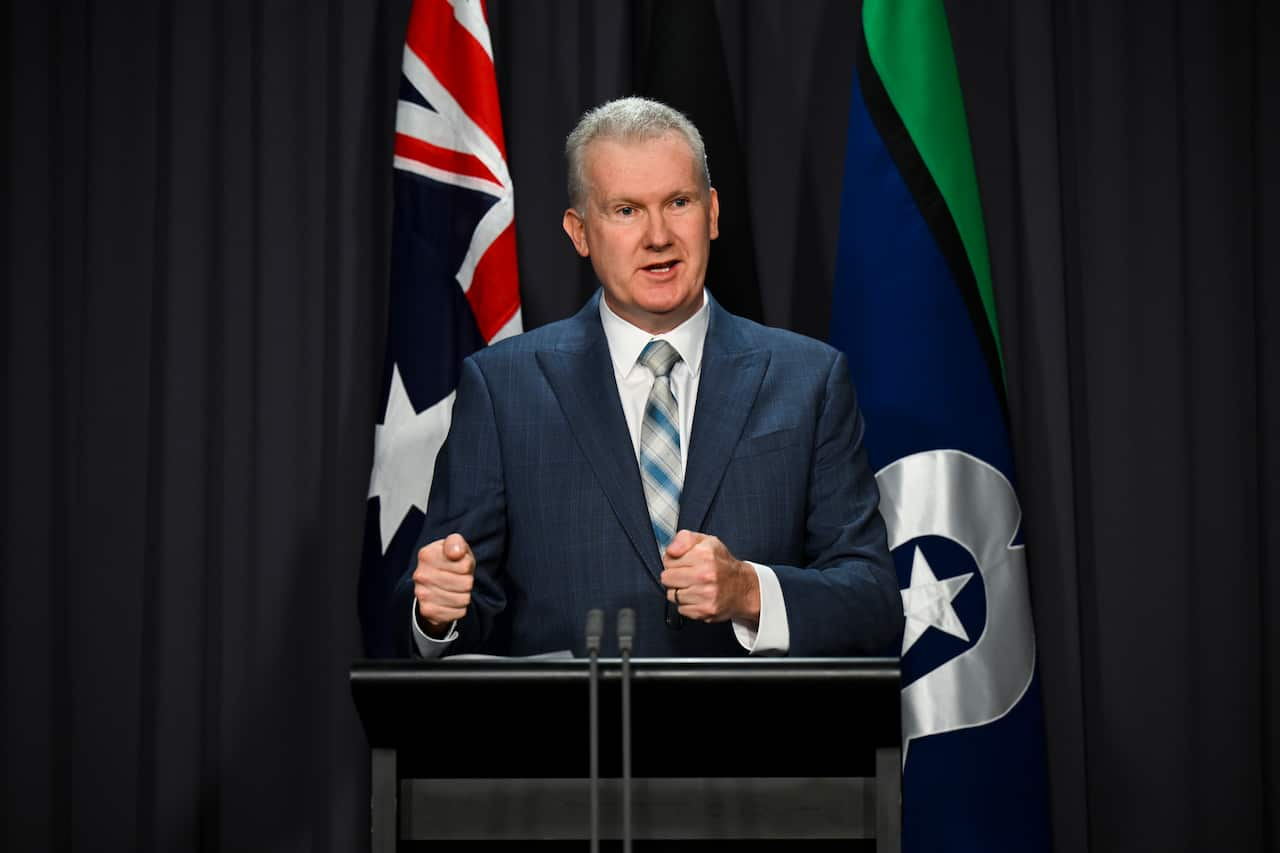
Australian Minister for the Arts Tony Burke. Source: AAP / LUKAS COCH/AAPIMAGE
“This will open up new audiences and investment for local screen producers, taking Australian stories to one of the largest cinema audiences in the world.”
How are film experts viewing the India-Australia Co-production agreement?
For Julie Marlow, who contributed to the agreement's discussion as Screen Producer Australia's Policy Head in 2008, it is 'fantastic news'. In her opinion, Indian producers will wait until they have complete information about the agreement before making any decisions about film shooting in Australia.

Former head of Film Victoria, Julie Marlow Credit: Supplied by Julie Marlow
Former film critic and national award-winning filmmaker, Utpal Borpujari, said the focus should be on leveraging each other's strengths.
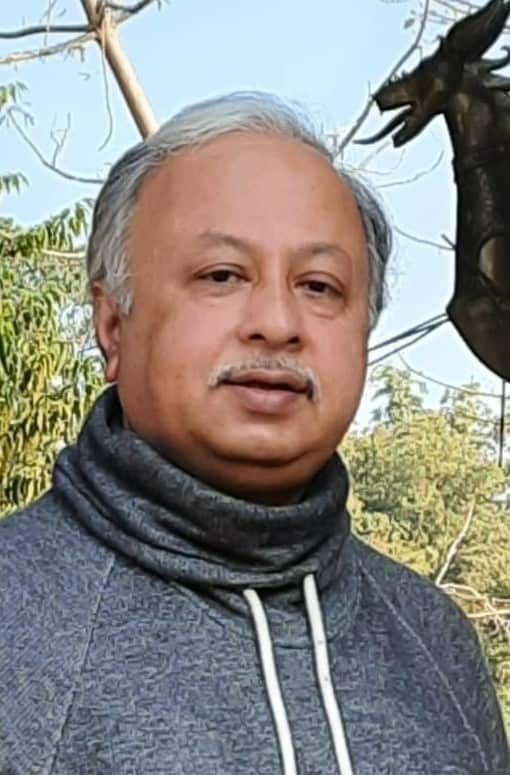
Utpal Borpujari is a former film critic based in India.
"Australian filmmakers shooting in India would have to employ a minimum number of crew from India to avail of the subsidies. Thus, crew would have the opportunity to get involved in Australian productions," Mr Borpujari points out.
Sydney-based Indian Australian filmmaker, Anupam Sharma, said the agreement would not only bring slice of Bollywood to Australia but specifically boost diverse Australian stories which were India-centric.
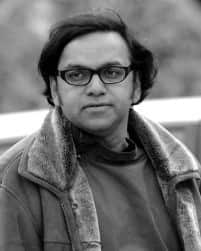
Anupam Sharma is a Sydney-based filmmaker.
"It's too soon to say when we can see more and more Bollywood movies shot in Australia as the full details about the agreement need to be confirmed," he said, adding that although many Indian films had been shot in Australia, no large Bollywood projects had been shot since 2014.



